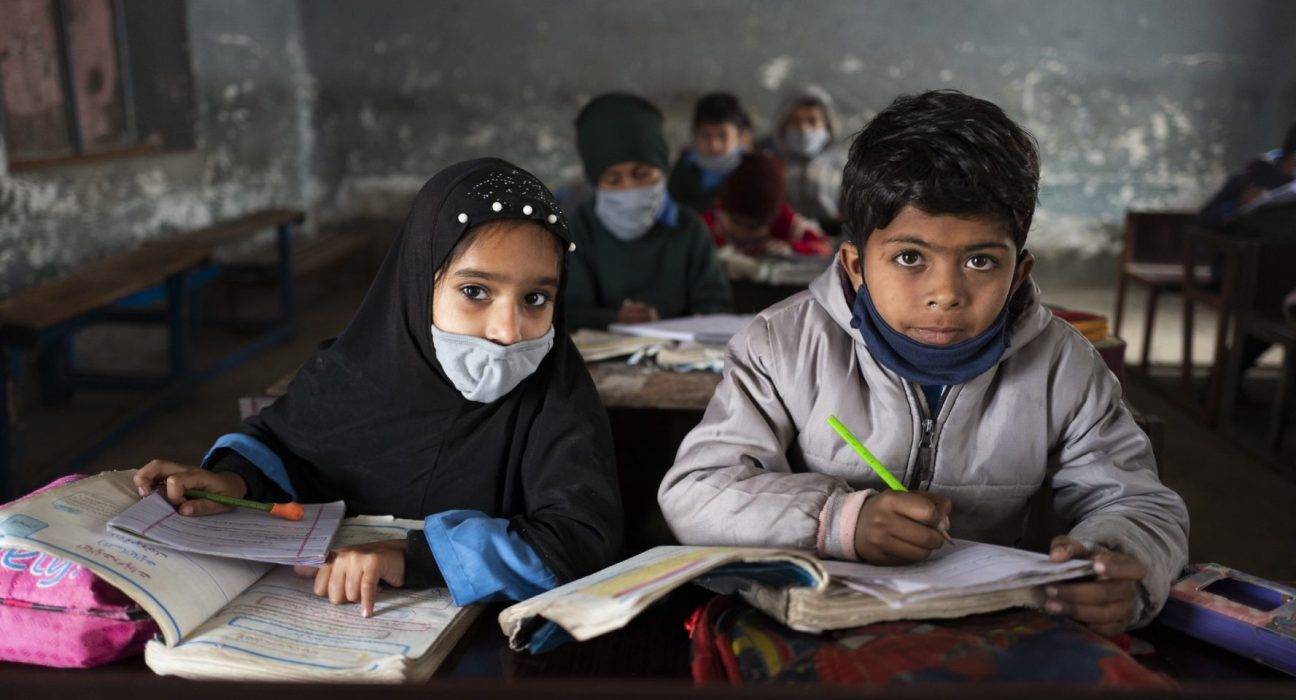A flagship education project in Khyber Pakhtunkhwa (KP), funded by the World Bank with a substantial $115 million budget, is under scrutiny for its sluggish implementation and massive underutilization of funds.
Official figures reveal that only $24 million has been spent so far, leaving core objectives largely unmet. The project, launched to enhance primary education access, train teachers, and reconstruct flood-damaged schools in 12 districts, has seen minimal progress.
Of the $81 million allocated to improving school access, just $12 million has been used. Similarly, only $1 million out of the $8 million budgeted for teacher training and student skill development has been spent. For infrastructure repairs, a critical component in flood-affected areas, only $6 million of the $18 million earmarked funds has been utilized.
Despite being hailed by the World Bank as a flagship initiative for the region, the project’s delays have prompted authorities to extend the deadline to 2026. KP Education Department’s (KPESE) Additional Secretary Qaiser Alam confirmed the extension, stating that efforts are being accelerated to meet project targets.
The underuse of funds has raised alarm bells among education experts and policy analysts, who cite deep-rooted issues in project management and accountability. Critics argue that without strict oversight and transparent execution, the initiative risks becoming another missed opportunity in Pakistan’s long struggle with educational inequality.
With “education apartheid” still a stark reality for many children in KP, the delay in delivering vital services only deepens the divide.



